A lack of diversity in tech leadership has been found by recent studies, which is affecting women and people from ethnic minority and lower income backgrounds. Women hold a third of positions in large companies like LinkedIn, Microsoft and HP and within these companies, the percentage is less for individuals who are from an ethnic minority background.
Diversity and inclusion in tech is important when working on any product or service for an organisation that provides solutions to people around the world. It is beneficial to an organisation to get perspectives from different cultures and races to ensure the product produced caters to everyone. Not only is diversity and inclusion in tech beneficial when creating new products or services but it has a positive impact on the working environment. Ensuring your employees feel confident and can be themselves will progress into better retention, productivity and innovation.
Over the past few years there has been an increase in diversity in tech leaders. Below are 10 diversity in tech leaders, in no particular order, that you should follow.
Kimberly Bryant 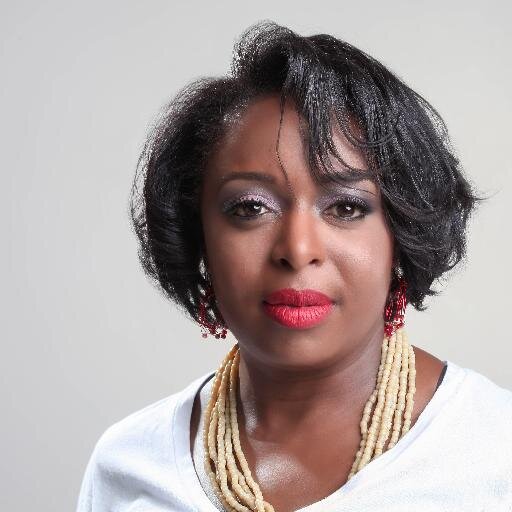
Many say that it is hard to find women leaders in the STEM industry and it may be even harder to find a woman from an ethnic background in science, technology, engineering and math. Kimberley Bryant can be seen as one of the diversity in tech leaders was familiar with this and felt culturally isolated because as she pursued her studies, she rarely found people from the same cultural background. Kimberley is the founder of Black Girls Code and hopes to change this trend. Her business aims to provide opportunities in IT and computer programming to young girls and teenagers of colour.
Allison Esposito 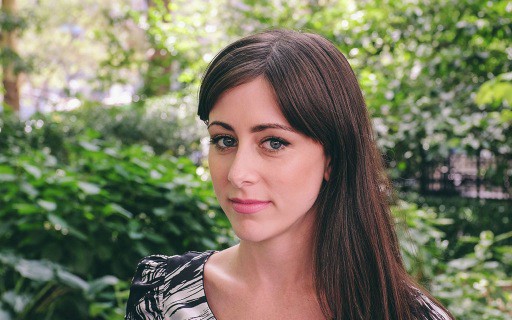
Being the founder of Tech Ladies, Allison has become one of the most influential diversity in tech leaders. Allison created Tech Ladies to help women land their dream role in technology. The organisation connects women online by making a space where they can ask questions and offer career advice. The site also provides meetups for women and in 2016, Tech Ladies had a network of 5,000+ women in tech worldwide. Their job board includes positions in tech companies such as Etsy, Yahoo!, Kickstarter and more.
Cadran Cowansage 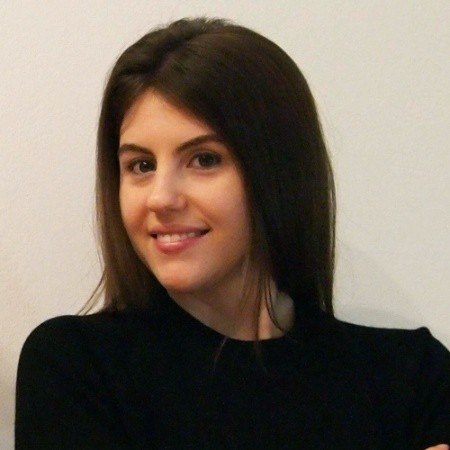
Cadran is a software engineer and founder of Leap, an online community for women. Leap’s main mission and objective is to create an online space for women to talk openly. It has a core culture, software and product decisions which are defined by women. It is significant given that social media platforms such as Facebook, Snapchat and LinkedIn were all created by men. Leap has 1,500 members in its beta stage. The platform is for designers, marketers, VCs and engineers in tech who want to discuss job opportunities, sexual harassment issues, parenting issues and tech articles.
Maxine Williams 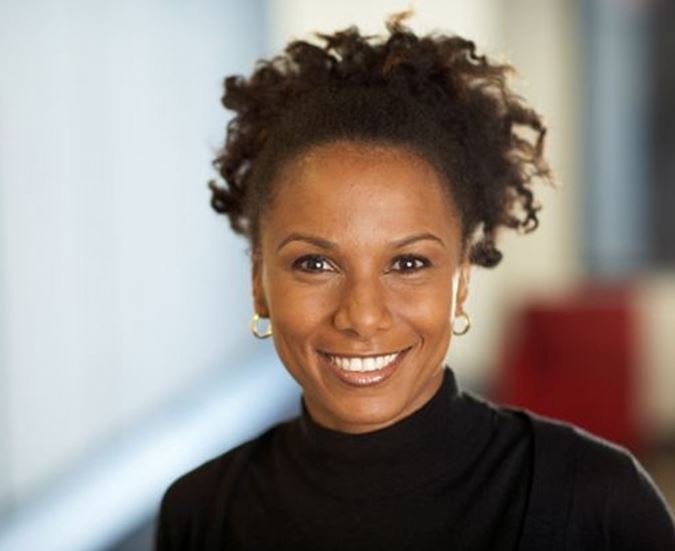
Before Maxine helped increase the diverse number of employees for Facebook, she graduated from Oxford University with a first-class honour’s degree in Law. She then went on to work as an attorney in multiple international organisations on development and human rights issues. Being the global chief diversity officer for Facebook, Maxine developed strategies to attract and support underrepresented groups in all teams. Her leadership helped the number of women increase up to 35% along with 5% of Hispanics. Maxine also lead three programmes, Diverse Slate Approach, Managing Unconscious Bias and Facebook University which are all aimed to increased diversity and opportunities for those who are of a minority.
David Molina 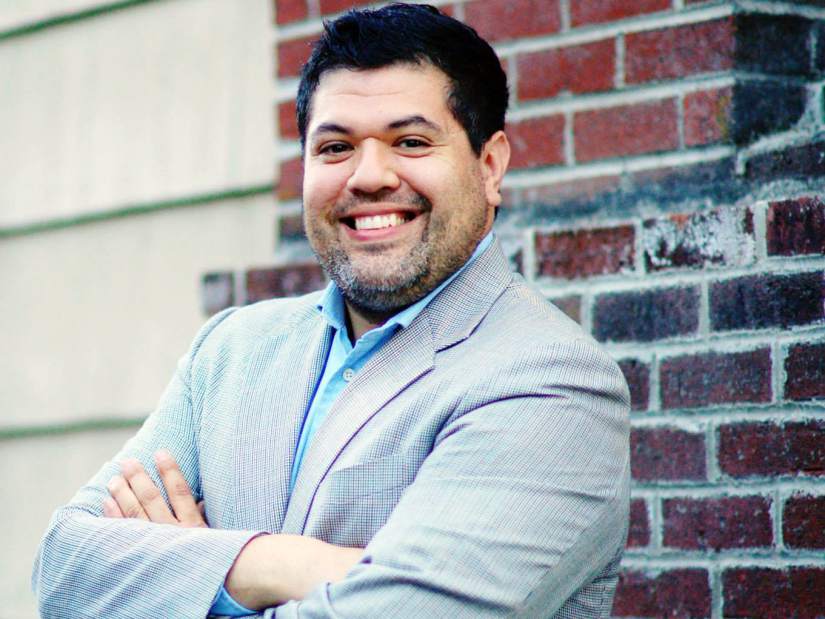
After struggling to find a new career after 12 years of service in the military, David came up with a solution. He created Operation Code so veterans could get tech jobs. His cause had a great impact on others and Publican Majority Leader, Keven McCarthy enabled veterans to begin programs with various tech courses, especially programming. Operation Code currently provides one on one mentorship for veterans from software engineers, product managers, system architects and security engineers. They have established a loan programme which provides laptops to veterans who are in need. Davids contributions to veteran finding jobs in tech is a reason why he is seen as diversity in tech leaders.
Mitchell Kapor 
Mitchell has a diverse portfolio at Kapor Capital. He has invested in start-ups and teams from underrepresented backgrounds and low incomes. He also takes part in initiatives to break down barriers in education and to address urgent needs in a variety of fields. In his portfolio, 56% of investments show a woman or person of colour as a founder. 42% of their first-time investments are women founders and 28% had a founder from a racially underrepresented background.
Freada Kapor Klein 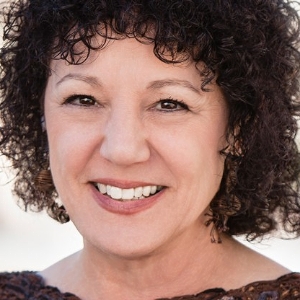
Freada is the founder of Level Playing Field Institute and therefore knows a lot about discrimination and lack of diversity in STEM fields. Level Playing Field recognises underreported students of colour and explores initiatives to help address why diversity has failed. The organisation offers mentorships, educational experiences and programmes to students of colour. Initiatives include Level the Coding Field hackathons, SMASH connect, Summer Math and Science Honours Academy and many more.
Sandy Hoffman 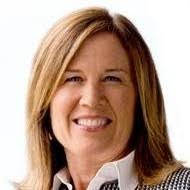
Sandy Hoffman is the Director of Global Inclusion at LinkedIn and joined to help fulfil its vision of equal economic opportunity for every employee. Before she was given the opportunity at LinkedIn, Sandy was the chief diversity officer at Cisco. There she published many articles on diversity and inclusion and helped to develop some diversity initiatives. One of her main passions is to increase engagement and inclusion outcomes in order to fuel innovation and leadership. After spending around 9 years working on diversity in several companies, Sandy presented research which advises companies that a sense of belonging is just as important as diversity and inclusion initiatives.
Reshma Saujani 
Reshma Saujani is the founder and CEO of Girls Who Code. The organisation was created in hopes to end the gender gap in technology. Currently, it has taught 50,000 girls and 88% of its alumni have studied computer science in university. Saujani is also the author of a guide for coding called “Learn to Code and Change the World” and a book for women leaders titled “Women Who Don’t Wait in Line”. Both books were created to help both women and girls get into tech and ensure that what they’re reading is interactive and deemed as fun. Girls Who Code is a well-known organisation and Reshma is working towards her goal of teaching 1 million girls coding by 2020 and can be seen as one of the diversity in tech leaders.
Candice Morgan 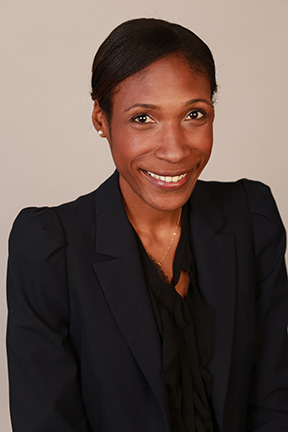
Candice is the first ever Head of Diversity at Pinterest and is responsible for transforming Pinterest’s talent pool to increase the number of women and people of colour in the company. Candice has recently managed to increase the hiring rate at Pinterest for women by 26% which has exceeded the company’s goal of 25%. As the figures stand, the company is currently 45% women and 55% men, and this is down to Candice. To follow Candice and the programmes and initiatives she creates, she can be found on Twitter and LinkedIn.